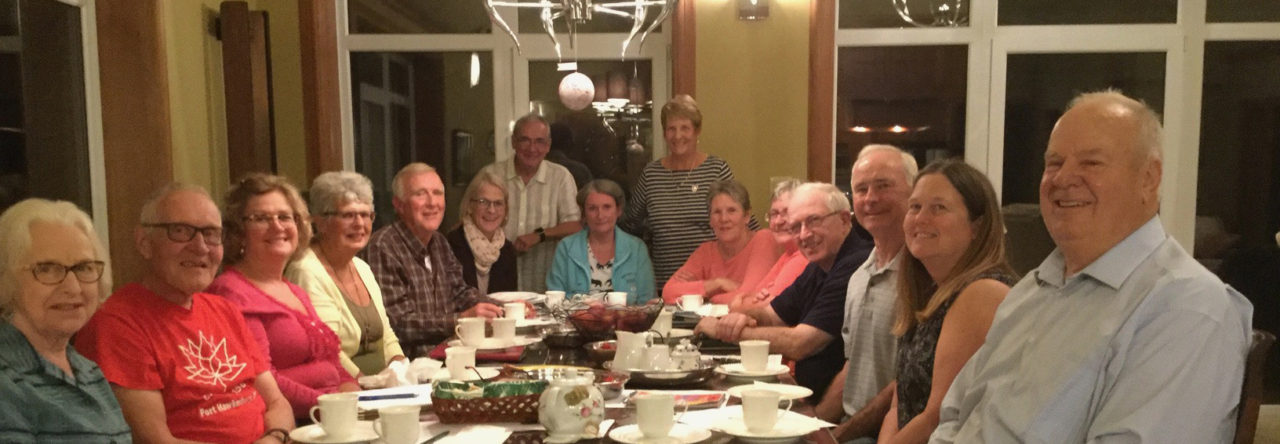Teachers in Nova Scotia have expectations as to a basic functioning classroom, sufficient supplies, text books, assistance for special needs and a spacious well-equipped room. The teachers at the St Mary and St Odilia schools in Zambia have much lower expectations. When Charlotte Rankin, Inverness County Cares member and retired Inverness County teacher visited St Mary and St Odilia schools in Zambia she encountered the blunt reality of a school system that is bare bones. However, she also saw a school with students eager to learn and a group of committed and hard-working teachers, the majority of both groups being blind, albino or visually impaired.
The classes in the Kawambwa Project schools are held in sparse (but clean) brick buildings with polished cement floors. Teaching aids are almost non-existent and consist mainly of a Braille slate which the children use to manually and painstakingly take notes on their lectures. Children have a stylus and must work on the reverse side of the paper to punch the correct combination of 6 holes going right to left, to represent the braille letters.
In most classes they rely mainly on rote learning where students listen and repeat what the teacher is reading from the text book. Since most of the teachers are visually impaired or blind the text books need to be transcribed into Braille for the teacher. Charlotte tells us that one of her tasks was to read the written text to the teacher who transcribed the lessons into Braille.
The classrooms are very bare without any of the basic tactile learning manipulatives used in Canadian classrooms. We are well aware of the varied learning styles of students but because of the scarcity of all teaching supplies and aids the children rely mostly on auditory learning and their skill at memorizing the lectures.
Charlotte mentions one blind teacher in particular, Mr Chembe who is a Grade 7 teacher with a class of 14 students and 3 text books/readers. Charlotte helped in his class by reading stories in his English class. Mr Chembe would lead a discussion on the story and when several students answered in unison, he was remarkably, able to recognize the voice of each individual student. Despite his inability to visually view his students, Chembe had a wonderful rapport with them. That says a lot!!
The school has a library but it is very under supplied. It has few English books or transcribed braille books, to encourage the students to research or acquire a love of reading. Books are not leveled and students just have their memories or scant notes to help them study for their exams.
There is WIFI available in the school office but it is very slow and this along with the high cost, limits its use. If faster internet and enough computers and tech support were available this could provide the school with many resources to enhance the learning of Braille and provide audio curriculum. The school operates with this bare minimum of supplies and staff not out of choice but by necessity. The school atmosphere is respectful and positive and much that is good is happening in the lives of these vulnerable students.
ICC welcomes new members to our monthly meetings. Those wishing to donate can use the donate button on our website http://invernesscountycares.com or send a cheque to Inverness County Cares, Box 99, Judique, NS, B0E1P0. Tax receipts provided.



